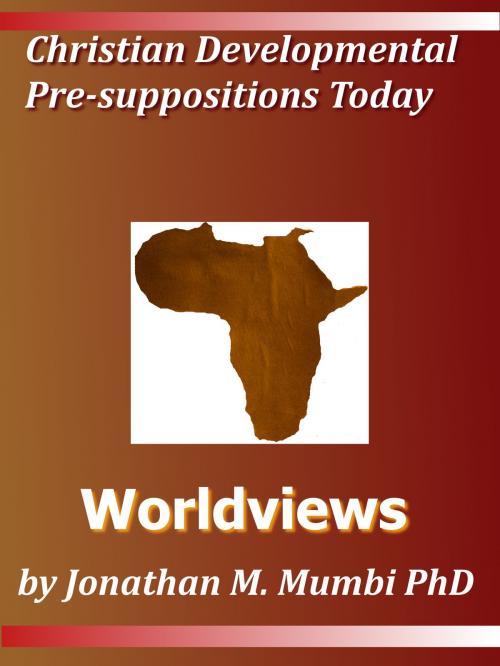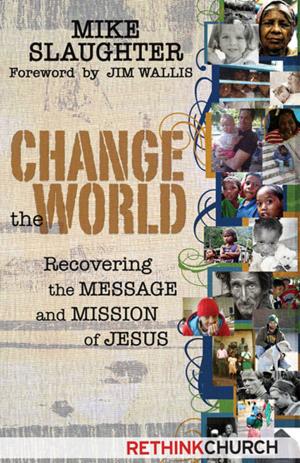Christian Developmental Presuppositions Today: Worldviews
Nonfiction, Religion & Spirituality, Christianity, Missions & Missionary Work| Author: | Jonathan Mubanga Mumbi | ISBN: | 9781370470570 |
| Publisher: | Jonathan Mubanga Mumbi | Publication: | November 27, 2016 |
| Imprint: | Smashwords Edition | Language: | English |
| Author: | Jonathan Mubanga Mumbi |
| ISBN: | 9781370470570 |
| Publisher: | Jonathan Mubanga Mumbi |
| Publication: | November 27, 2016 |
| Imprint: | Smashwords Edition |
| Language: | English |
Worldviews, basic belief systems, basic assumptions about the world we live in are just as important to career goals as they are to personal prosperity. Christian development organizations have long recognized the value of basic assumption to the entire development enterprise. Inadequacies of development assumptions lead to resource wastage and poor relationships. Understanding the basic belief system and its basic assumptions is key to unlocking the potential of the local population as partners in their own development.
Past paternalistic approaches of supra-governmental institutions such as the International Monetary Fund, the World Bank, and Christian development organizations did not produce the desired development in sustainable amounts. They mobilized the communities for development projects but failed to cast the development project into the communities' economic and socio-spiritual desires. The multi-dimensional nature of Christian development work often requires a level of patience and inclusiveness that the average Western donor does not have. It takes time to inculcate a developmental mindset, but it is worth it.
This small book is a supplement to a Lecture that this writer presents to missionary students hoping to work cross-culturally. The actual lecture includes role-plays of how respect, love, truth and teamwork looks like in some non-Western settings. This work is intended to be short and therefore does not treat points of great interest (or great controversy) in details. However, for the in-coming missionary to Africa and local African missionaries, it is hoped that this writing will help the missionary to a good start in missions. For the development worker, it is hoped that the book will be used to increase social-spiritual capital before too investing too much financial resources. Throwing money at development projects has not worked in the past and it is not likely to be different this time around.
Worldviews, basic belief systems, basic assumptions about the world we live in are just as important to career goals as they are to personal prosperity. Christian development organizations have long recognized the value of basic assumption to the entire development enterprise. Inadequacies of development assumptions lead to resource wastage and poor relationships. Understanding the basic belief system and its basic assumptions is key to unlocking the potential of the local population as partners in their own development.
Past paternalistic approaches of supra-governmental institutions such as the International Monetary Fund, the World Bank, and Christian development organizations did not produce the desired development in sustainable amounts. They mobilized the communities for development projects but failed to cast the development project into the communities' economic and socio-spiritual desires. The multi-dimensional nature of Christian development work often requires a level of patience and inclusiveness that the average Western donor does not have. It takes time to inculcate a developmental mindset, but it is worth it.
This small book is a supplement to a Lecture that this writer presents to missionary students hoping to work cross-culturally. The actual lecture includes role-plays of how respect, love, truth and teamwork looks like in some non-Western settings. This work is intended to be short and therefore does not treat points of great interest (or great controversy) in details. However, for the in-coming missionary to Africa and local African missionaries, it is hoped that this writing will help the missionary to a good start in missions. For the development worker, it is hoped that the book will be used to increase social-spiritual capital before too investing too much financial resources. Throwing money at development projects has not worked in the past and it is not likely to be different this time around.















